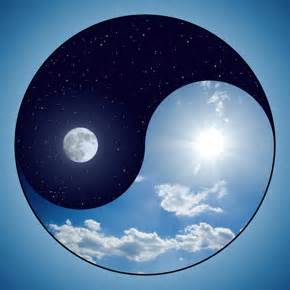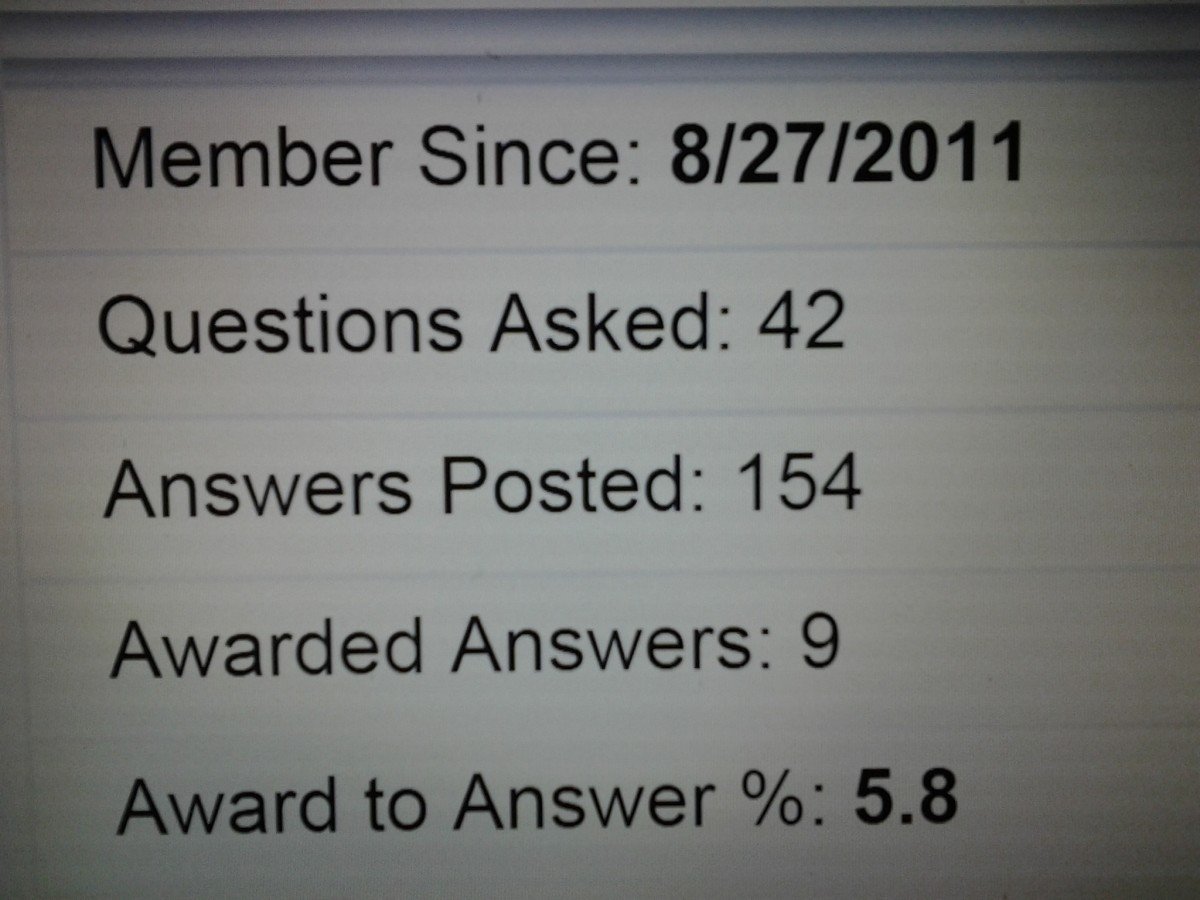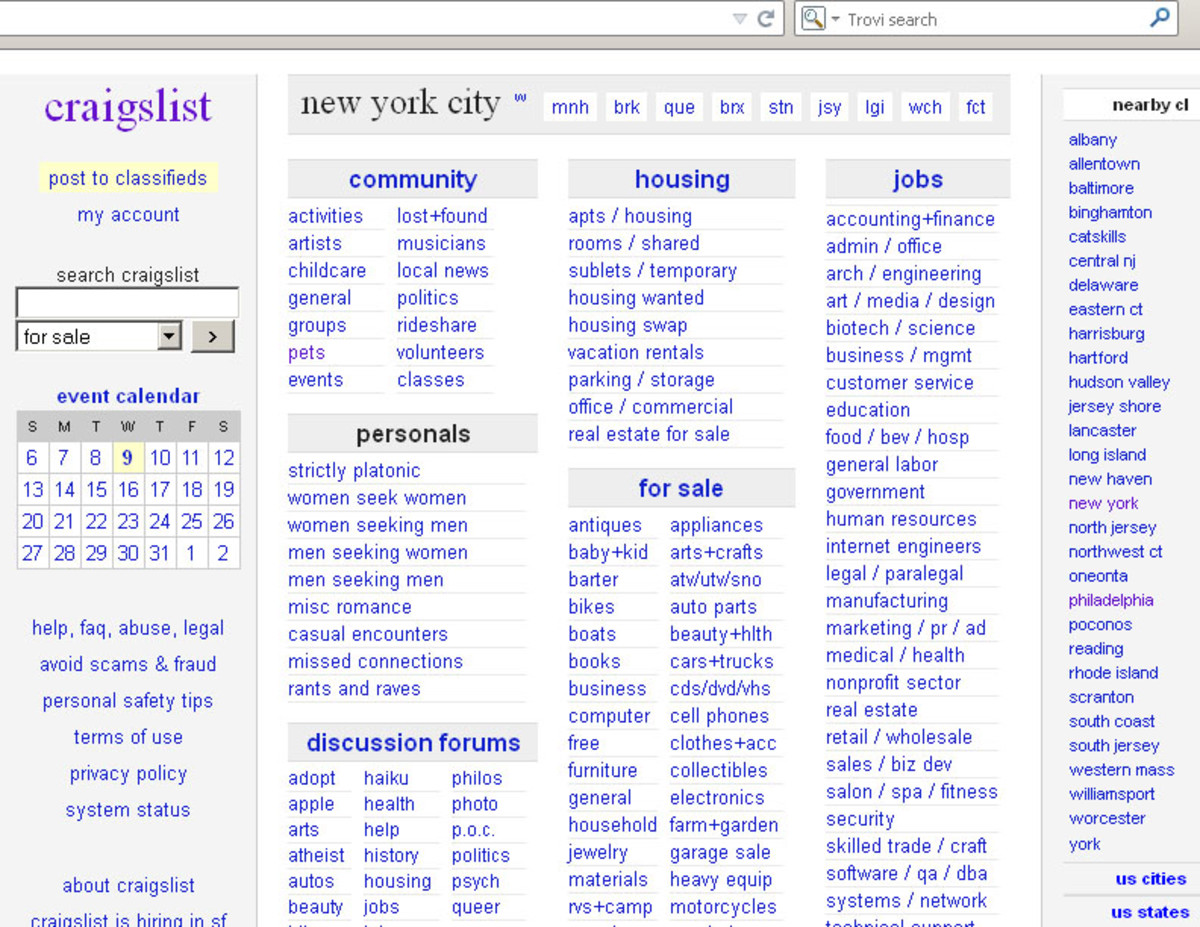What is Transcendental Philosophy?

Transcendental Philosophy
What is Transcendental Philosophy? Well let’s break it down so we can get an understanding of what it is.
Transcendental comes from the same root as Transcend.
Here’s what Merriam-Webster Online Dictionary says about transcend
Tran·scend
verb \tran(t)-ˈsend\
: to rise above or go beyond the normal limits of (something)
Transitive verb
a : to rise above or go beyond the limits of
b : to triumph over the negative or restrictive aspects of : overcome
c : to be prior to, beyond, and above (the universe or material existence)
2: to outstrip or out do in some attribute, quality, or power
intransitive verb
: to rise above or extend notably beyond ordinary limits
Middle English, from Latin transcendere to climb across, transcend, from trans- + scandere to climb — more at scan
First Known Use: 14th century (Merriam-Webster Online Dictionary)
Going Beyond!
With that stirring rendition of Transcend, we could say that Transcendental Philosophy goes beyond, what many people see as or call philosophy.
My view is that, many people, seem to think that Philosophy consists of reading/studying some old/ancient philosopher’s writings, to see if they can understand them, and debating with others, about who understands the philosopher’s writings the best.
Asking Questions, Finding Answers
Some people seem to think that, Philosophy, is mainly about asking questions and more questions, and thinking that, they can never really answer, the questions, they seem to be so intent on asking. As one person said to me “That’s philosophy! You can never come to a conclusion! Philosophy is all about asking questions!”
But from my point of view, philosophy, is not just about asking questions. It’s more about answering questions, seeking and finding answers to questions and solutions, for one’s daily problems.
But then…that’s just me. I’m a philosophical barbarian!
Live Philosophically
Many people seem to be more concerned, about, reading and studying old philosopher writings, arguing and debating others about what they mean, than they are about being philosophers themselves. So they will probably always be students of philosophy rather than philosophers.
We have to, not only study philosophy, philosophical writings, ask questions, argue and debate philosophy. To be philosophers, we have to live philosophically.
Glad To Meet Cha!
When you see me or talk to me. You see my philosophy and you engage, in, conversation with my philosophy. I’m my living, breathing, philosophy, in action.
There’s no difference/space/separation between me and “my” philosophy. It’s like trying to separate you from yourself. If you can’t understand me. You can’t understand my philosophy. I am my philosophy…Glad To Meet Cha!

“Living” and Experiencing"
That’s, why, “my” philosophy is transcendental, because, it transcends the idea/concept of me and my philosophy. It’s non-dichotomous.
My philosophy could also be called “experiential” philosophy, because, it’s not just concerned with philosophizing, but about “living” and “experiencing” philosophy, and living a “philosophical” life.
If philosophy/your philosophy, can’t or doesn’t help you live a better life, what good is it?








